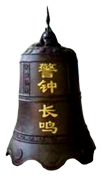|
李广然
李广然,北京人。 毕业后分配到哈尔滨外专。奉调到中国石油天然气管道局任翻译, 后调到中国石油管道学院任教授。曾多次担任我国各种工业公司赴美国加拿大及欧洲各国考察团翻译。 退休后骑自行车, 走遍了祖国大地,从革命圣地延安到东北边陲呼玛,游览了祖国大好山河。
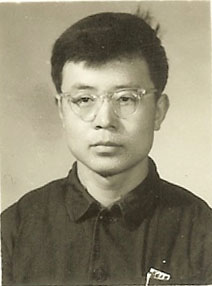
李广然 1965
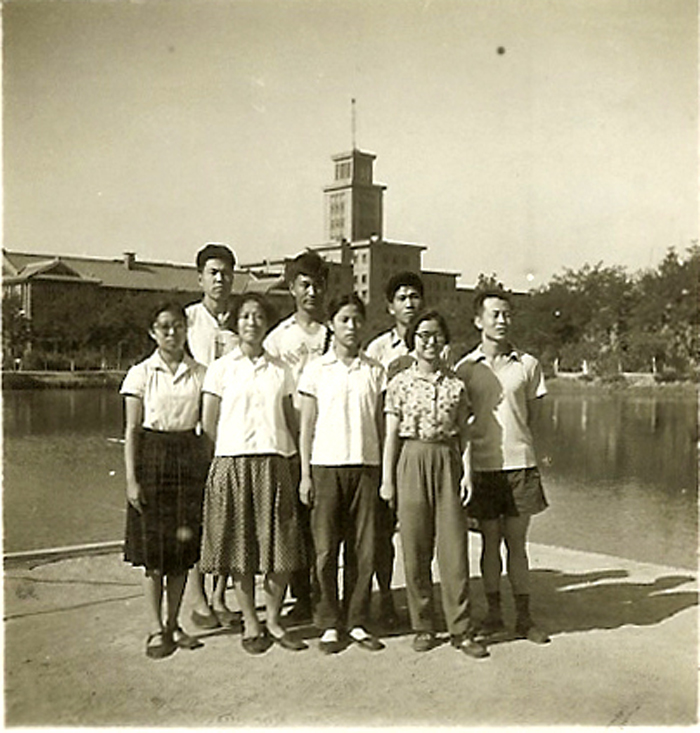
毕业照后排右起第一人为李广然, 1965
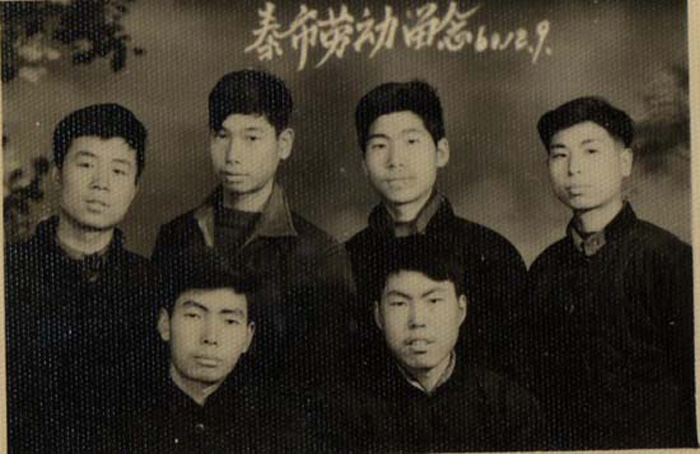
1960年,入学第一年,我班六位同学赴秦皇岛暖气片厂劳动--左起
刘士聪、崔永禄、李广然、梁一雄、高东山、佟学龄(广然供稿)

廣然與女兒慧茹在江西景德鎮旅遊 3/28/2025
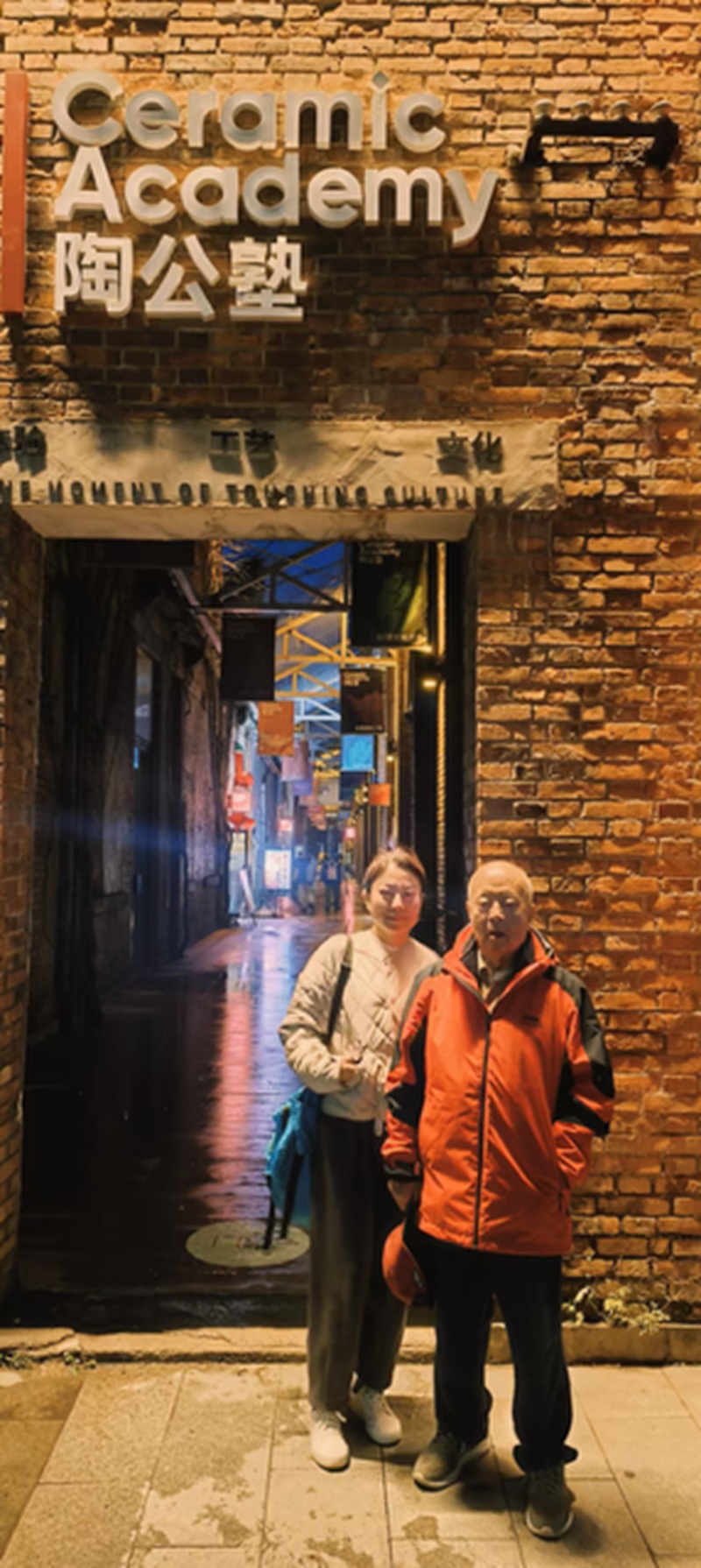
廣然與女兒慧茹在江西景德鎮旅遊 3/28/2025

廣然與女兒慧茹在江西景德鎮旅遊 3/28/2025
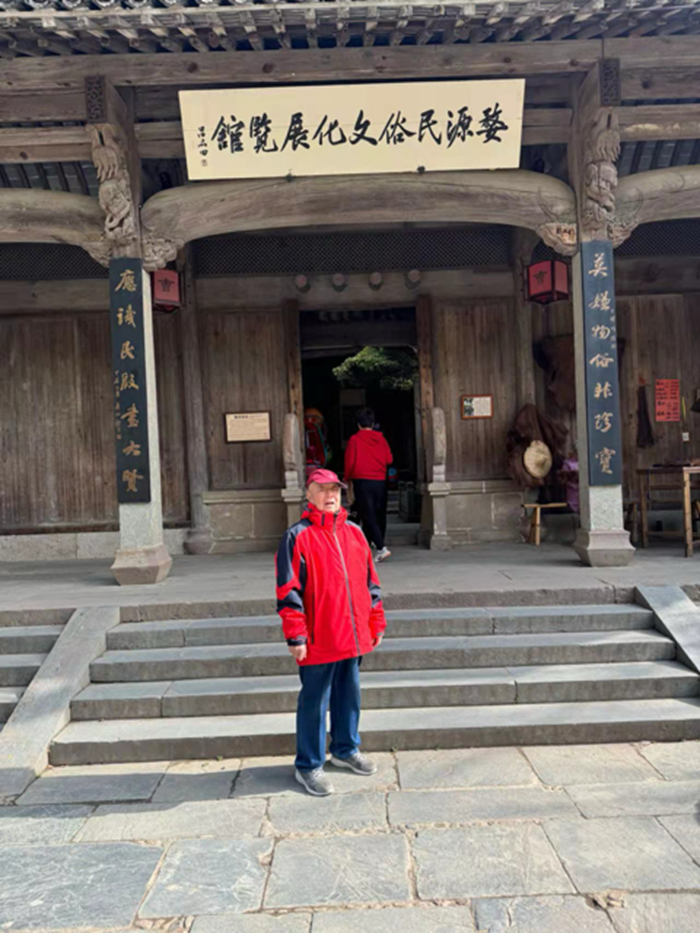
廣然在江西景德鎮旅遊 3/28/2025
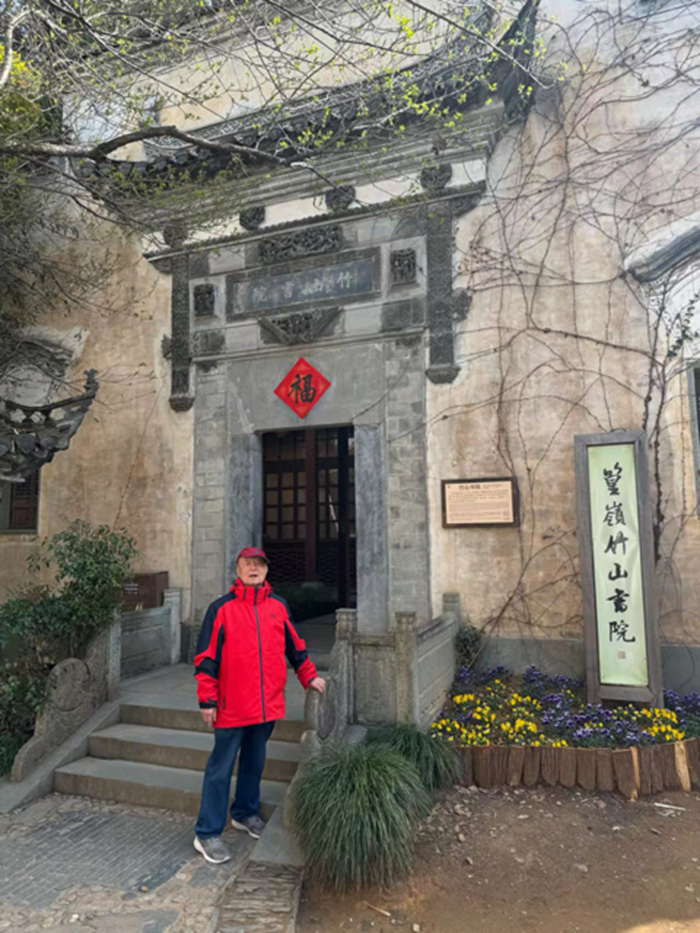
廣然在江西景德鎮旅遊 3/28/2025
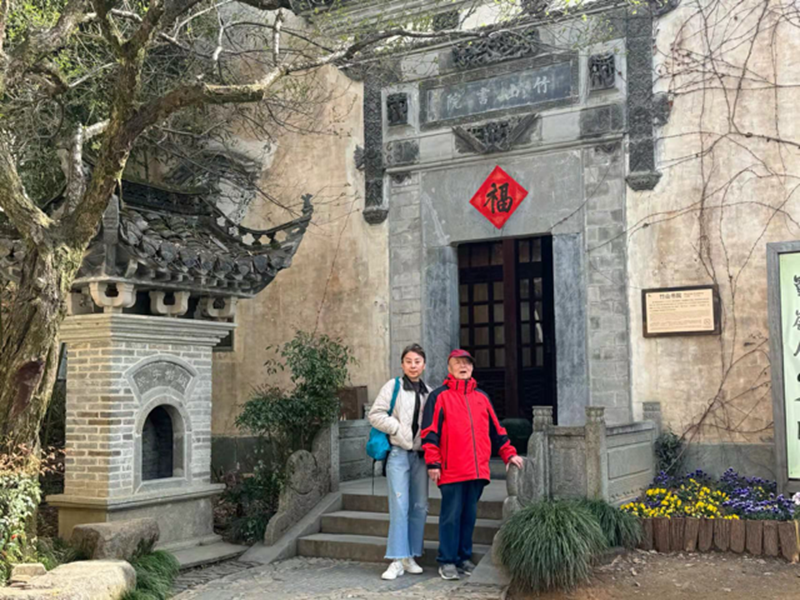
廣然與女兒慧茹在江西景德鎮旅遊 3/28/2025
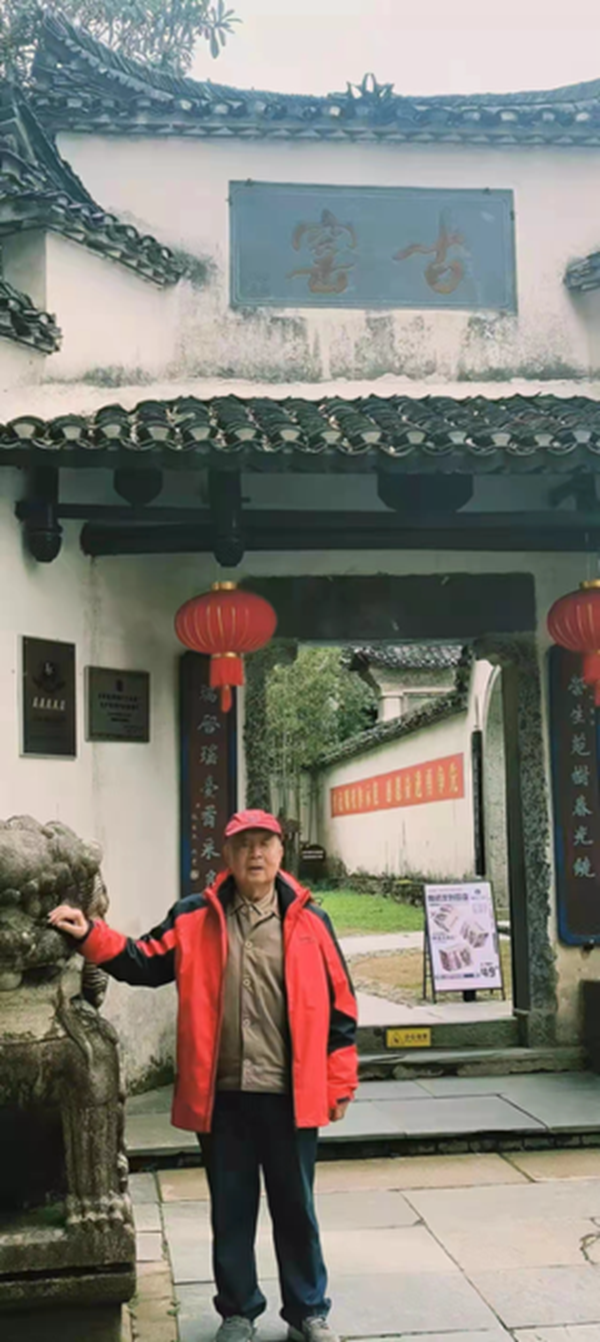
廣然在江西景德鎮旅遊 3/28/2025
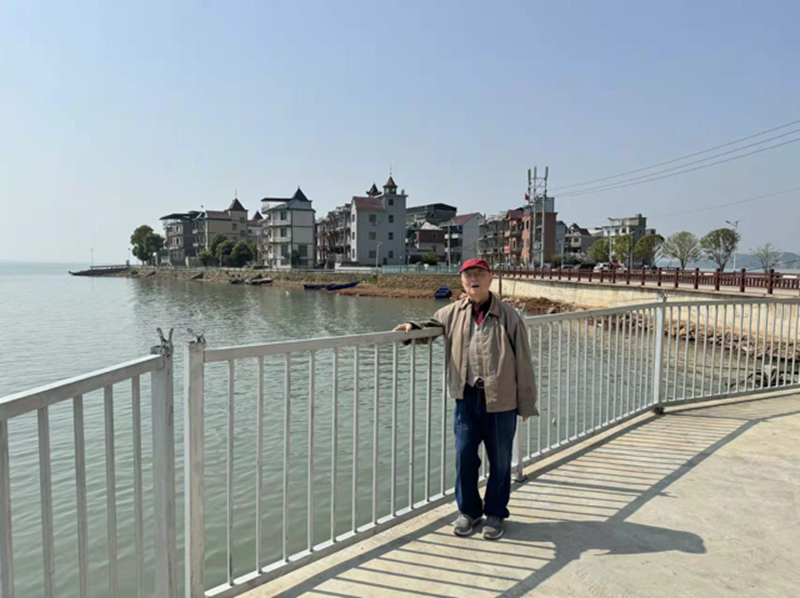
廣然在江西景德鎮旅遊 3/28/2025

廣然在江西景德鎮旅遊 3/28/2025
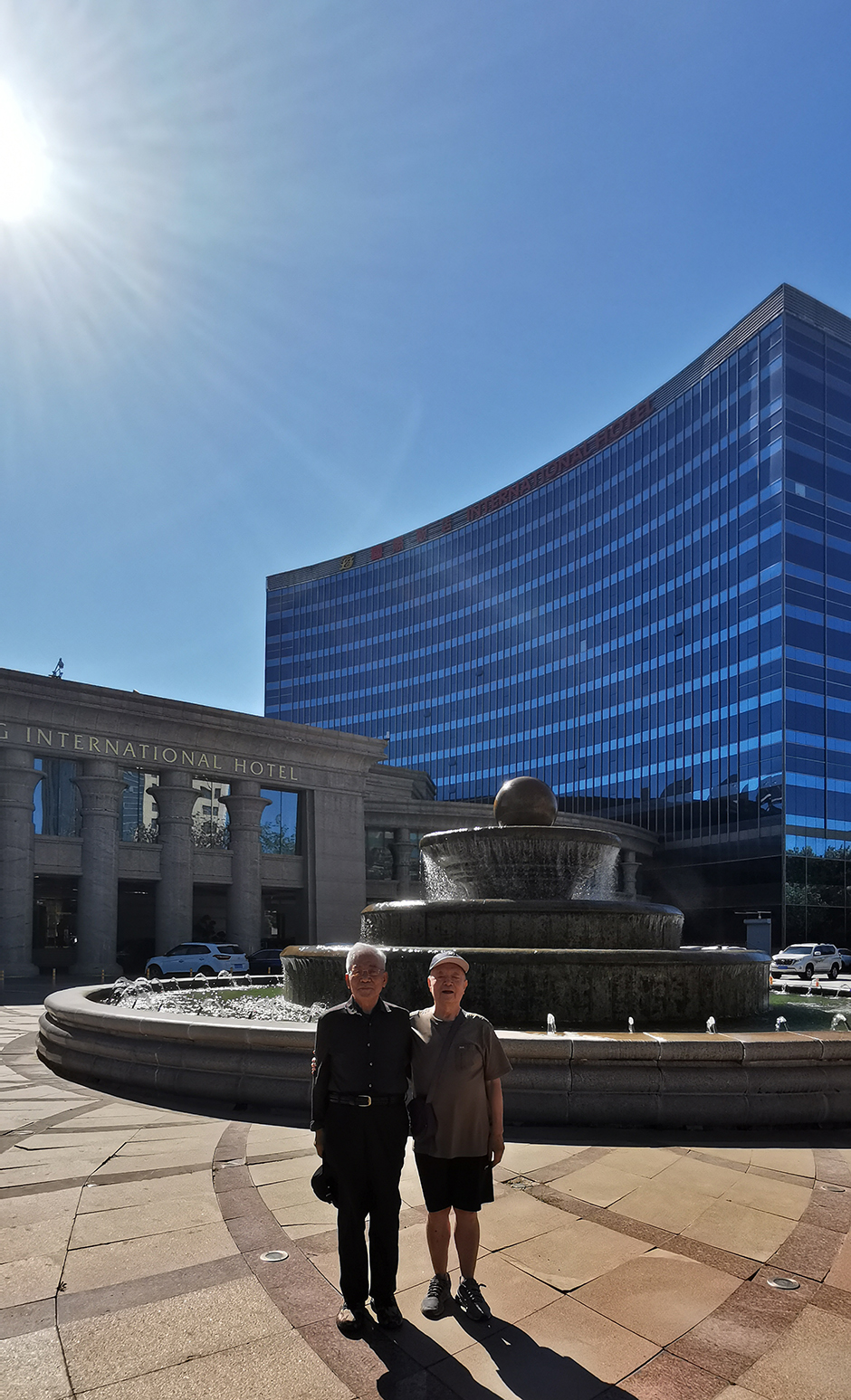
去廊坊看望老同學李廣然 5/2025
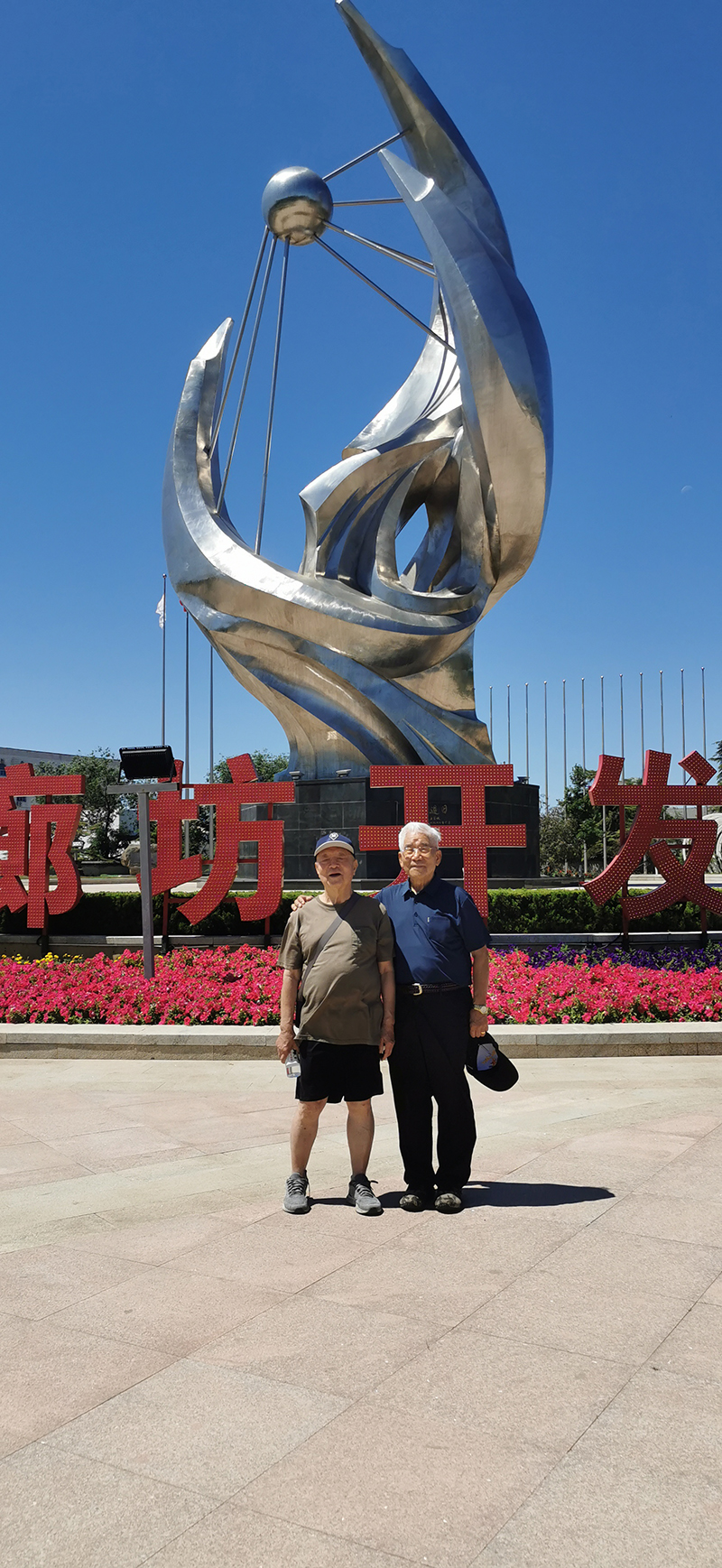
去廊坊看望老同學李廣然 5/2025
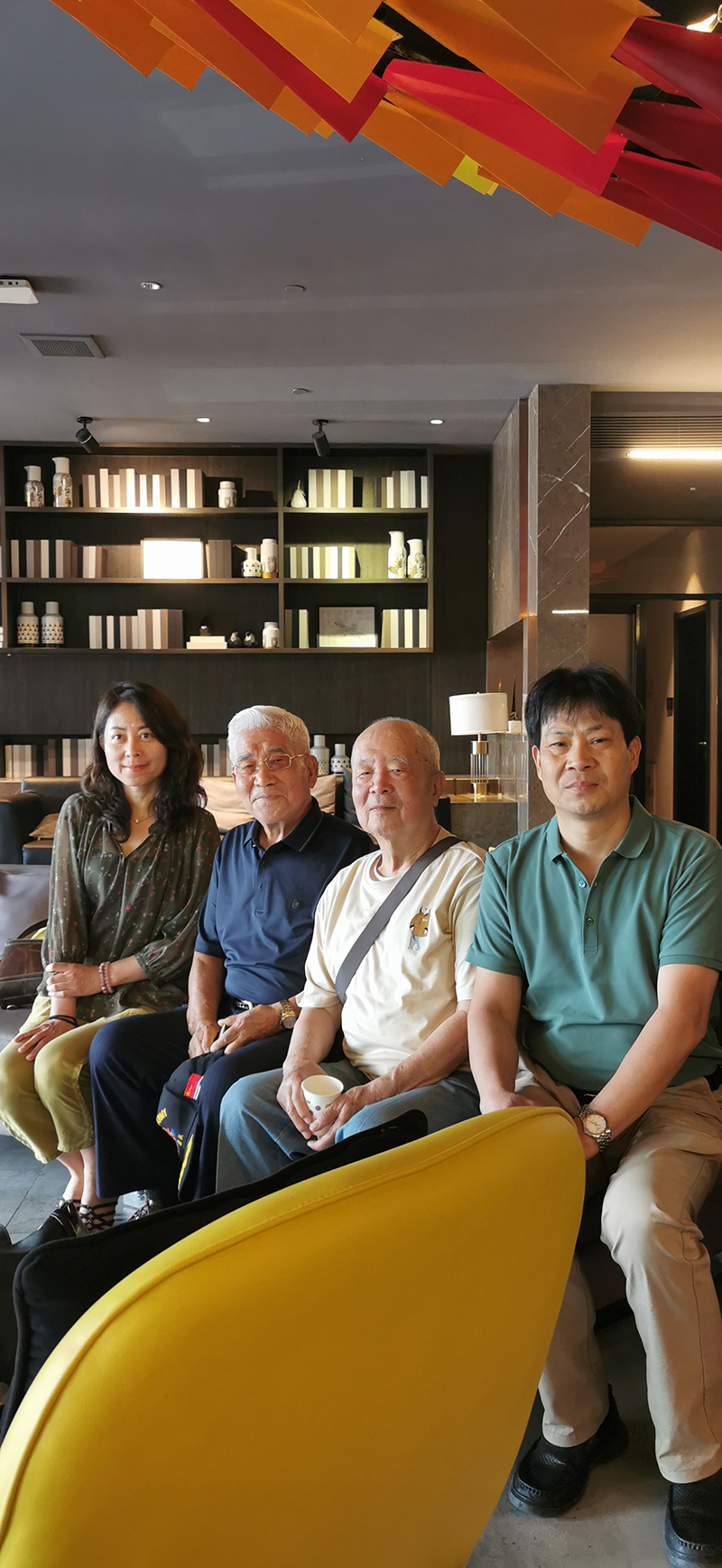
5月30-31我去廊坊看望65届英专老同学李广然(左二), 他女儿李慧茹(左4)开车专程从廊坊送我到北京
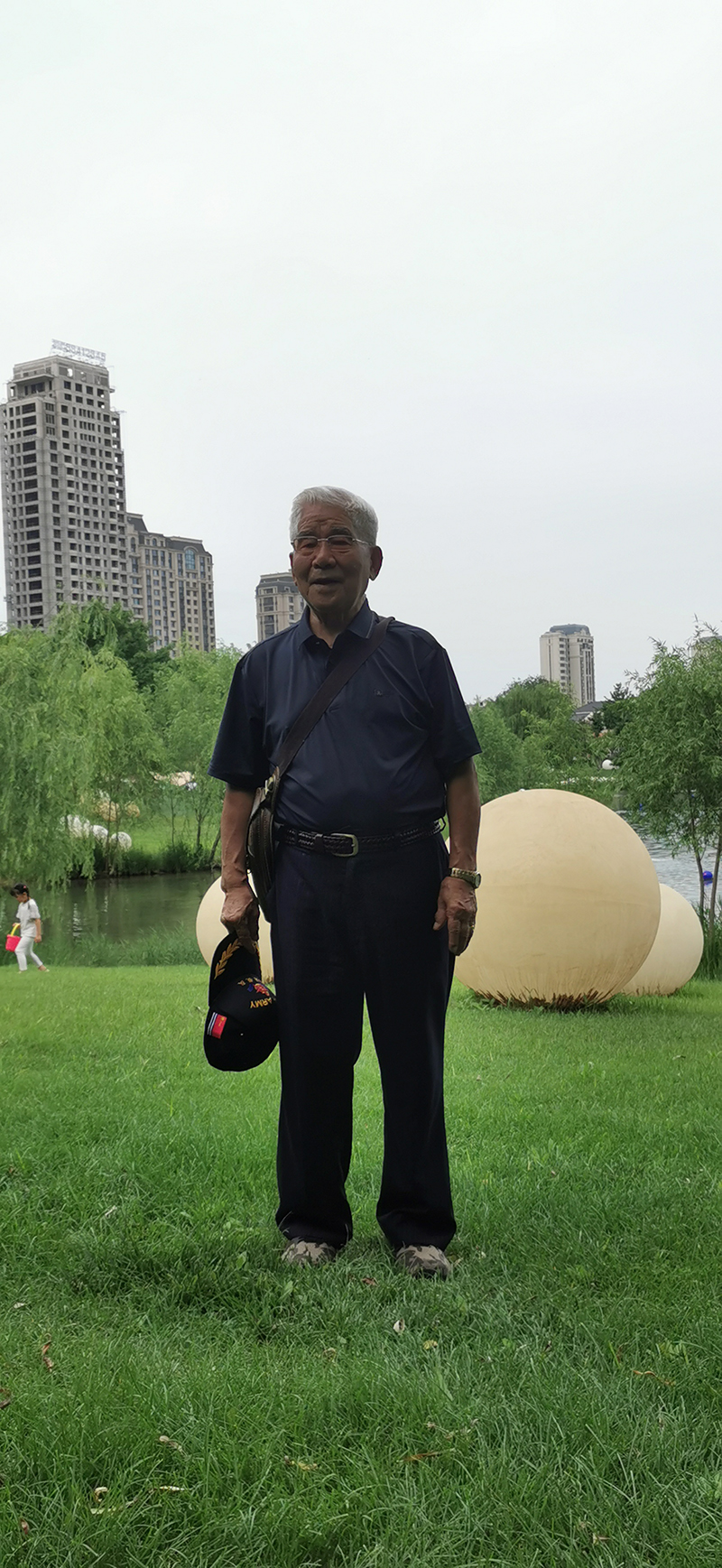
廊坊新技術開發區

在廊坊新技術開發區
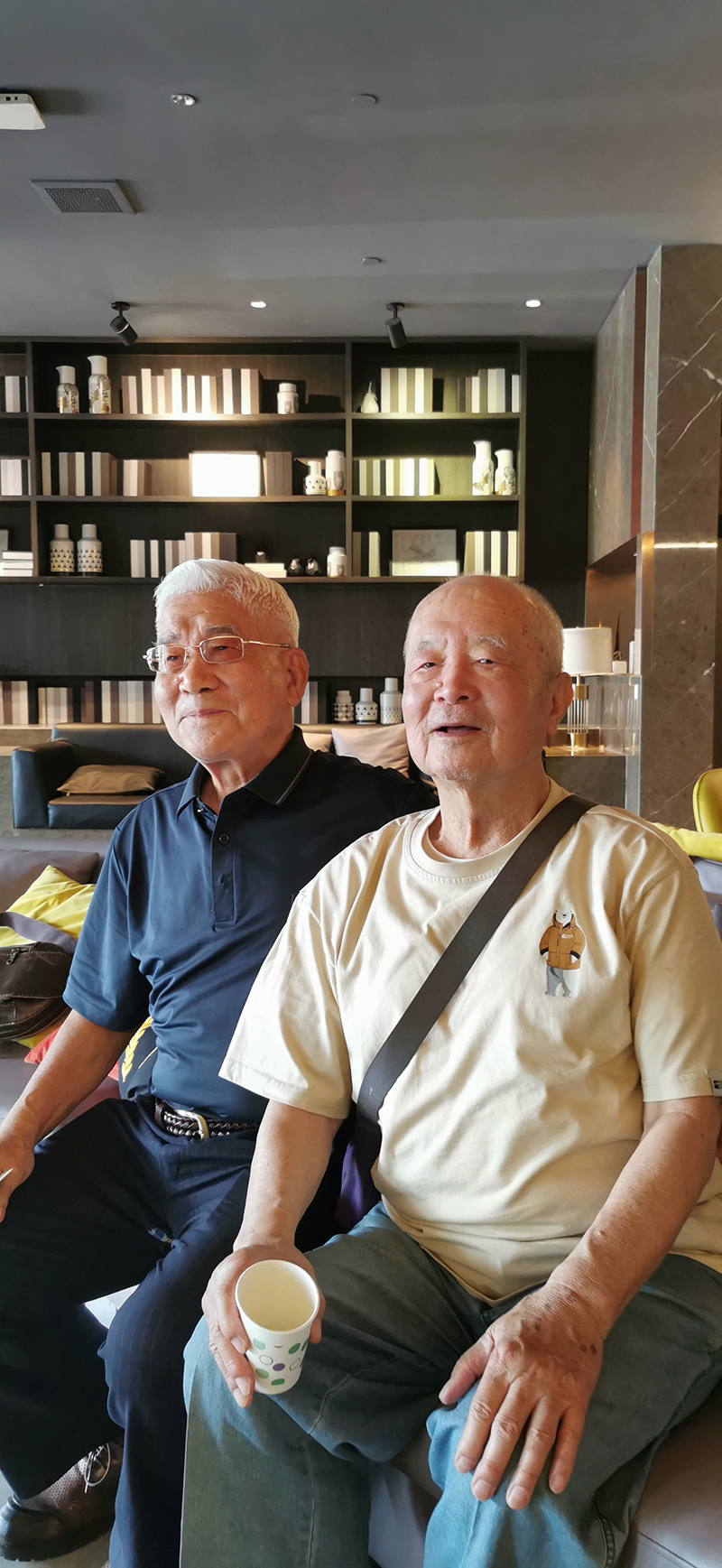
去廊坊看望老同學李廣然 5/2025

右起李广然、Greg、广然女儿李慧茹。
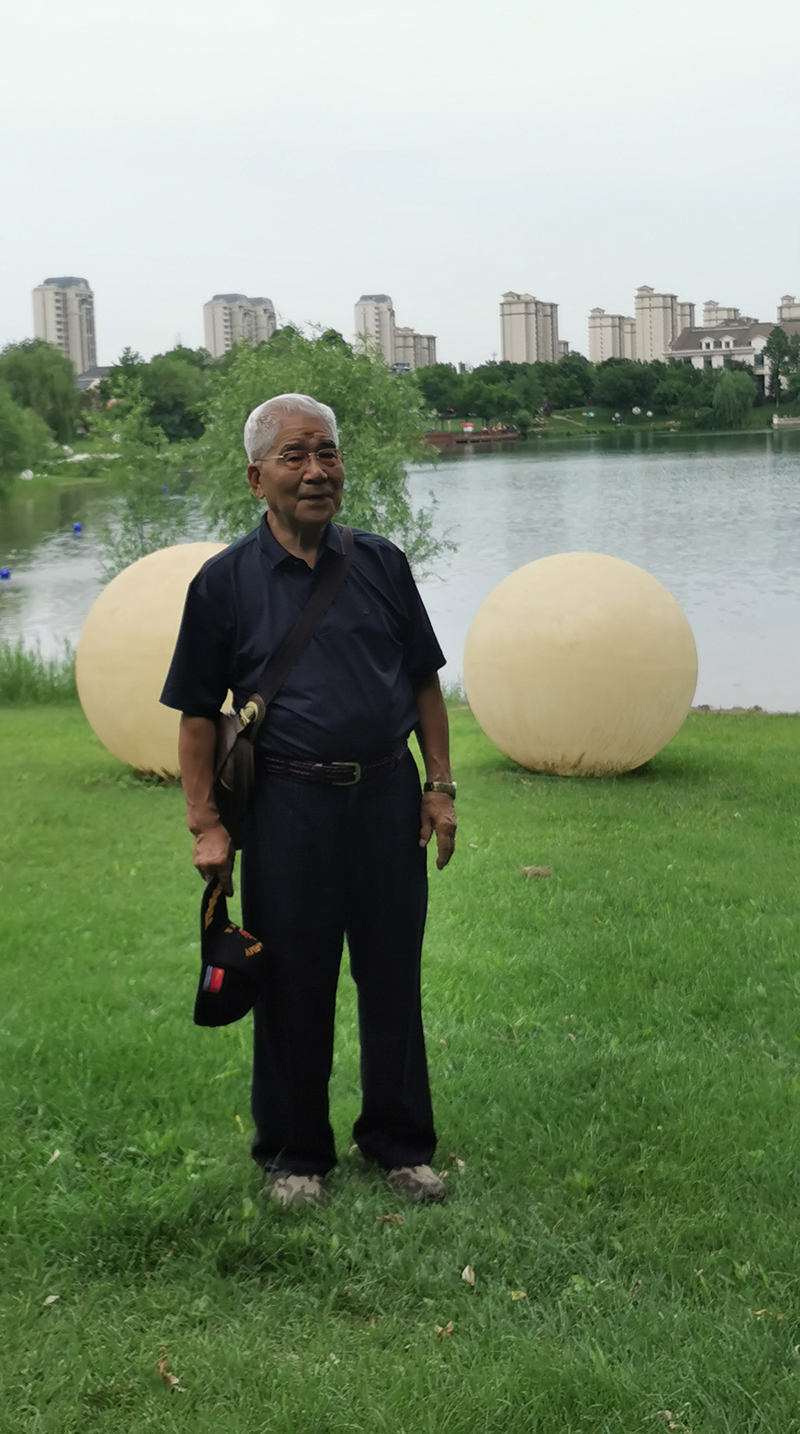
廊坊新技術開發區

廊坊國際大酒店
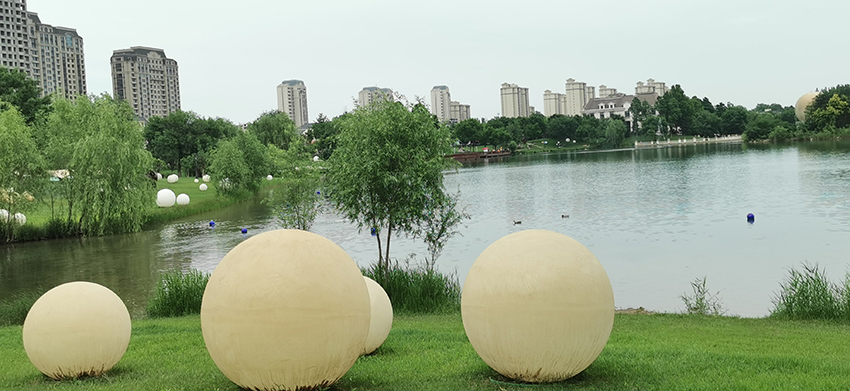
廊坊(下同)

廊坊街景(下同)
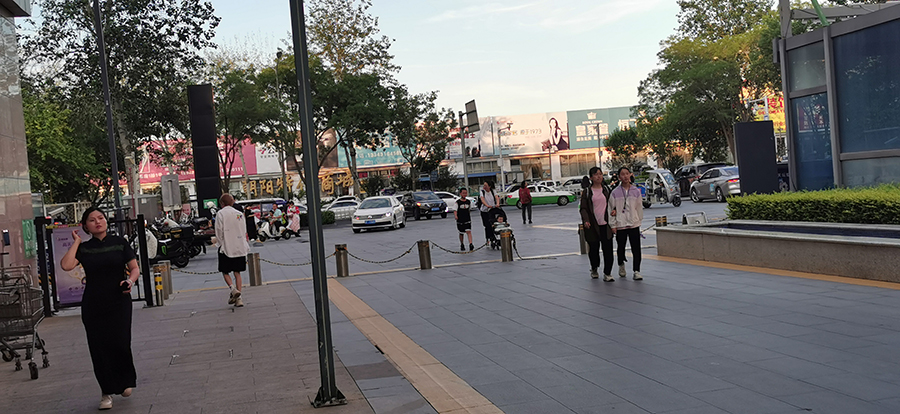
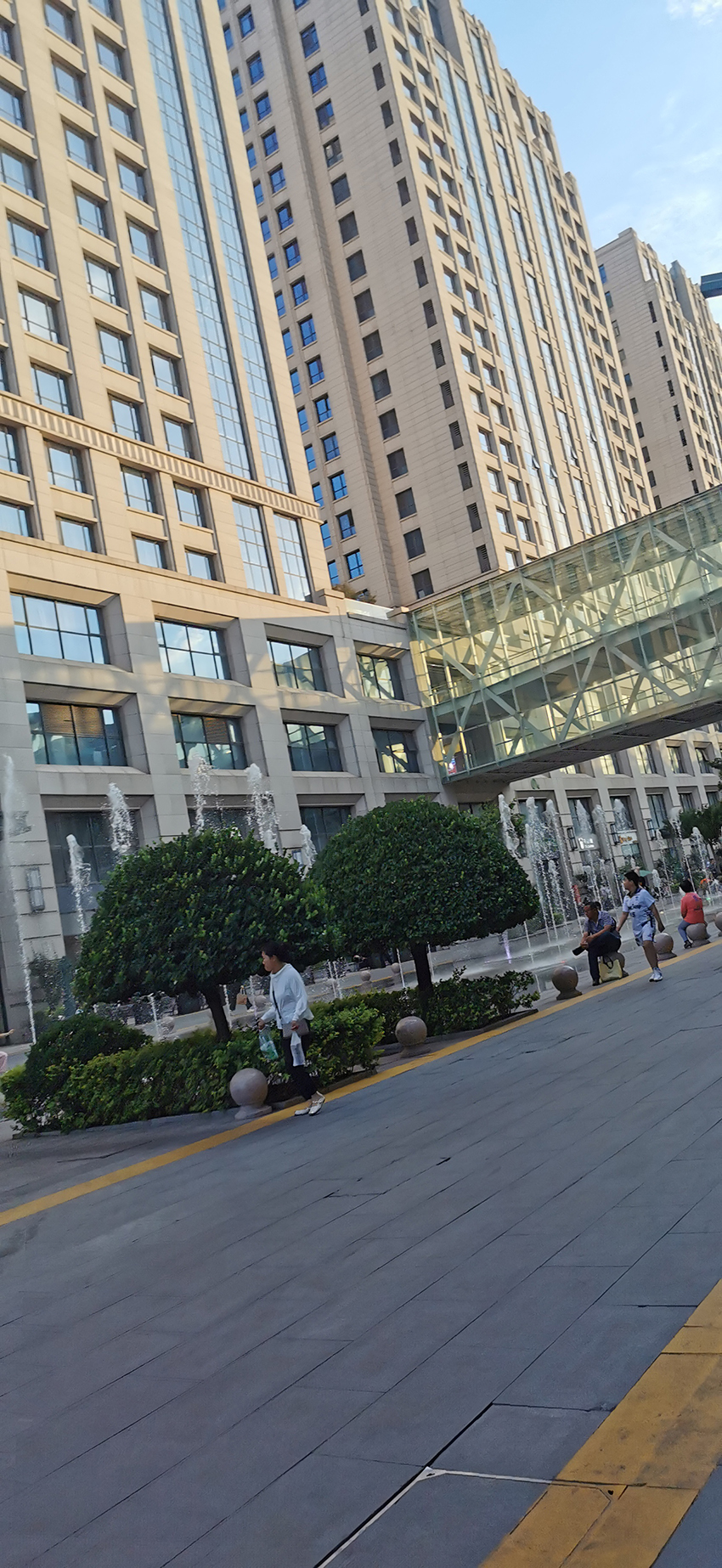
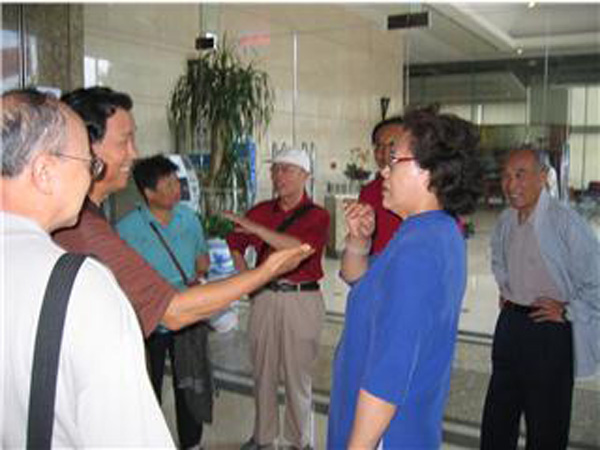
左起张连泰、常耀信、刘秀请、李广然、朱文俊、蔡文美、王陞印
 广然出国考察及旅游图片: 广然出国考察及旅游图片:
 广然1976年随我国吊管机考察团到达美国机场时合影
广然1976年随我国吊管机考察团到达美国机场时合影 |
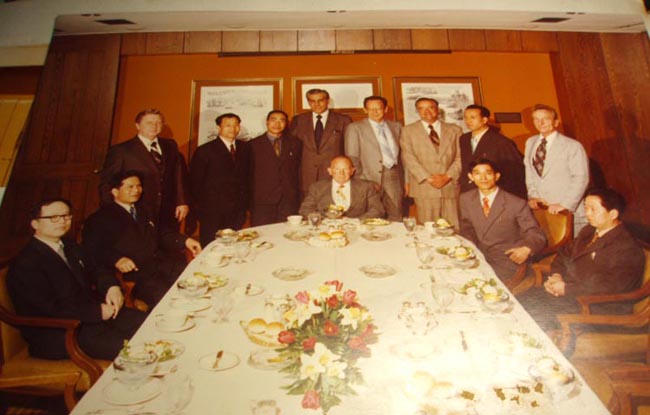 广然1977年参加我国石油机械考察团在美国
广然1977年参加我国石油机械考察团在美国。 |
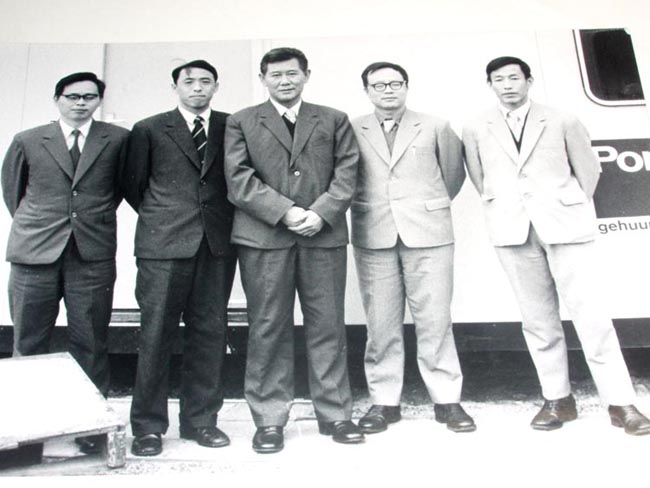 广然1977年参加我国挖泥船监造组赴荷兰考察团
广然1977年参加我国挖泥船监造组赴荷兰考察团 |
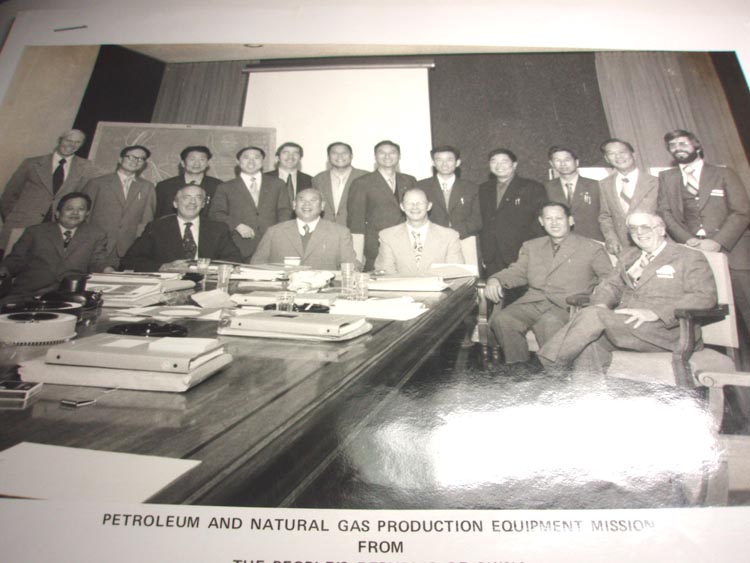 广然1978年随我国石油天然气设备考察团在加拿大
广然1978年随我国石油天然气设备考察团在加拿大. |
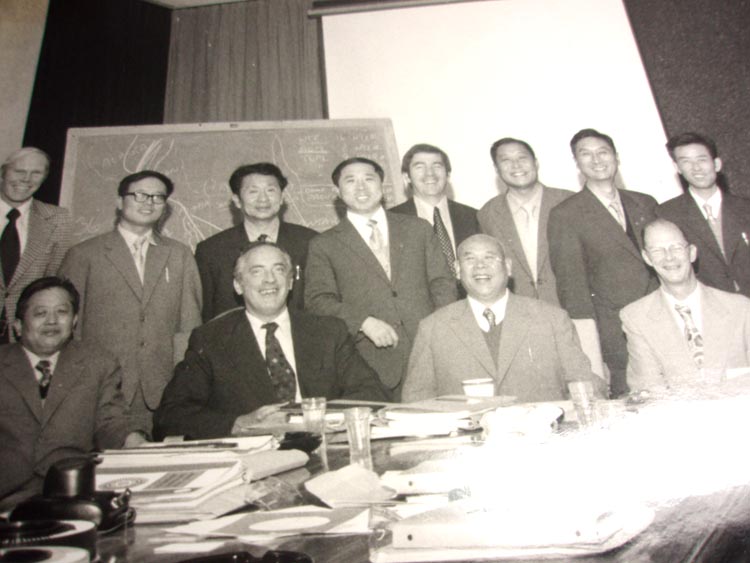 广然1978年随我国石油天然气设备考察团在加拿大
广然1978年随我国石油天然气设备考察团在加拿大.
|
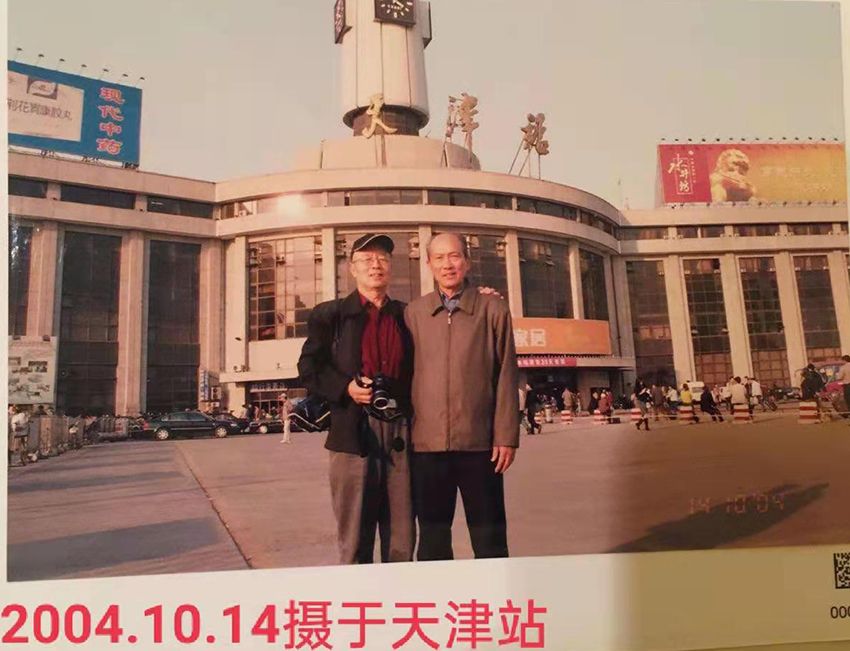
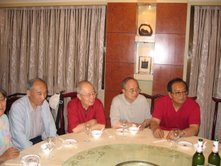
左起第二人李广然 2008,北京
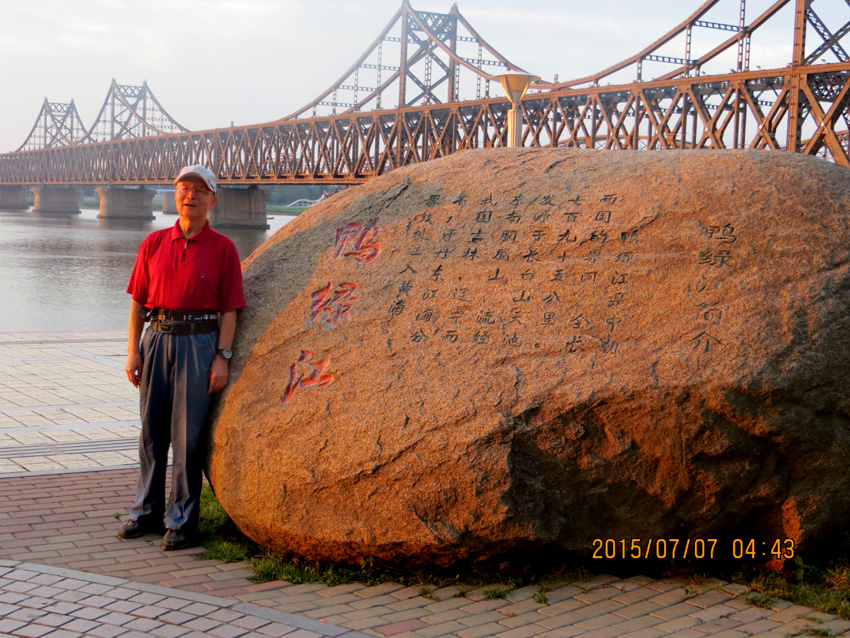
李广然校友(1960级)骑自行车到丹东旅游。

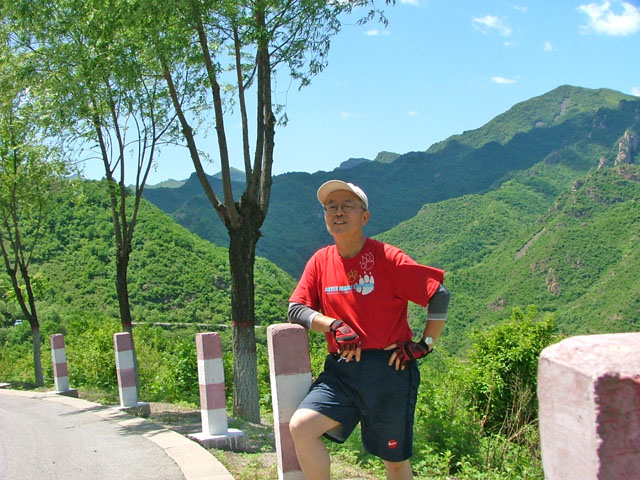
|
|

广然和朋友在北京天门广场
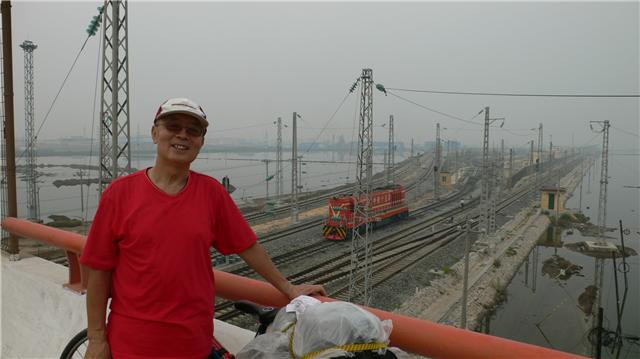
李广然在旅途中
|
 
【广然来信】
在此新春佳节之际,我在廊坊祝你们二位和其他仍然活耀在工作第一线的老同学身体健康,生活愉快,阖家欢乐!今年有两位同学永远离开了我们,赵兴和鲁琪走完了他们的人生旅程,我和大家一样感到悲痛,但也深知,这是无法逃避的自然规律,但愿我们都活得愉快,健康,少一点遗憾!
-- 李广然 于2012年2月8日
|
|
原载《河北日报》
本报驻廊坊记者 程建辉
|
25日上午,廊坊两位六旬"老人"结束50余天的西部之旅,顺利回到廊坊。两位老人分别是67岁的李广然和64岁的朱德生。两人骑自行车于7 月2日出发,行经平山、阳泉、洛阳、三门峡、西安、宝鸡等地,最终到达兰州。后经银川、延安、太原、石家庄等地顺利返回廊坊,全程4300多里,用时50余天。
李广然原是河北管道技术学院的一名英语教师,退休后一直想出去看看。一年前,李广然认识了一群自行车爱好者,大家经常一起骑车郊游。2004年,李广然同两名车友一起骑自行车前往山东、河南,全程1500公里,那次旅行给李广然留下深刻印象,而到更远的地方去看一看的想法也在他的脑中萌发。
7月2日,李广然约好车友朱德生一起踏上西部之旅。两人每天早晨5点半开始骑车出发,一直骑行到12点,下午和晚上休息时就用日记记录下一天的所见所闻。“毕竟都是60多岁的人了,需要劳逸结合。而且下午比较炎热,不适于室外运动。”李广然说。这样两人每天骑行约6个小时,行程约八九十公里。为了统计每天的行程,李广然还为自行车安装了一个小型里程表,每天记录行驶里程。
“我这一趟,最大的收获是开了眼界,看了很多新鲜的事情,也了却了自己以前的一个心愿。”李广然对自己此次远行很满意,“当然也要做好吃苦的准备,整日在外面风吹日晒,对老年人身体是个考验。”
李广然心中已经有了下一个计划:明年秋天,骑自行车沿海岸线走上一圈,也让自己的晚年更加精彩。
*************************************
 读后感:骑车旅游需要有好的身体和和坚强的意志, 实属不易。广然的壮举值得我们敬佩和学习。此文写得也不错,只是标题中的“老人”应改为“年轻人”。 读后感:骑车旅游需要有好的身体和和坚强的意志, 实属不易。广然的壮举值得我们敬佩和学习。此文写得也不错,只是标题中的“老人”应改为“年轻人”。
|
    
|
English Poet Sir Thomas Wyatt (1503-1542) |
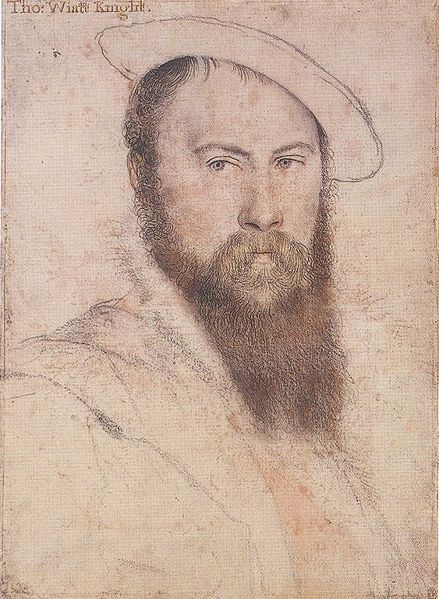
(This work of art is in the public domain.)
Sir Thomas Wyatt (1503 – 1542) was a 16th-century English lyrical poet. He was born at Allington Castle, near Maidstone in Kent - though his family was originally from Yorkshire. His father, Henry Wyatt, had been one of Henry VII's Privy Councillors, and remained a trusted advisor when Henry VIII came to the throne in 1509. In his turn, Thomas Wyatt followed his father to court after his education at St John's College, Cambridge.
Wyatt is credited with introducing the sonnet into English poetry. As well as translating several sonnets by the Italian poet Petrarch, he wrote others of his own. In addition to imitations of works by the classical writers Seneca and Horace, he experimented with other poetic forms such as the rondeau, and wrote epigrams, songs and satires. However, he also admired the work of Chaucer and his vocabulary reflects Chaucer’s (for example his use of Chaucer’s word newfangleness, meaning fickle, in They flee from me that sometime did me seek). His best-known poems are those that deal with the trials of romantic love. Others of his poems were scathing, satirical indictments of the hypocrisies and flat-out pandering required of courtiers ambitious to advance at the Tudor court.
  
|
They Flee From Me
by Sir Thomas Wyatt |
|
They flee from me that sometime did me seek
With naked foot, stalking in my chamber.
I have seen them gentle, tame, and meek,
That now are wild and do not remember
That sometime they put themself in danger
To take bread at my hand; and now they range,
Busily seeking with a continual change.
Thanked be fortune it hath been otherwise
Twenty times better; but once in special,
In thin array after a pleasant guise,
When her loose gown from her shoulders did fall,
And she me caught in her arms long and small;
Therewithall sweetly did me kiss
And softly said, 'dear heart, how like you this?'
It was no dream: I lay broad waking.
But all is turned thorough my gentleness
Into a strange fashion of forsaking;
And I have leave to go of her goodness,
And she also, to use newfangleness.
But since that I so kindly am served
I would fain know what she hath deserved.
|
|
Abide and Abide and Better Abide
by Thomas Wyatt |
|
|
I abide and abide and better abide,
And after the old proverb, the happy day;
And ever my lady to me doth say,
"Let me alone and I will provide."
I abide and abide and tarry the tide,
And with abiding speed well ye may.
Thus do I abide I wot alway,
Nother obtaining nor yet denied.
Ay me! this long abiding
Seemeth to me, as who sayeth,
A prolonging of a dying death,
Or a refusing of a desir'd thing.
Much were it better for to be plain
Than to say "abide" and yet shall not obtain.
|
|
|
The Long Love That in My Thought Doth Harbour
by Sir Thomas Wyatt |
|
The long love that in my thought doth harbour
And in mine heart doth keep his residence,
Into my face presseth with bold pretence
And therein campeth, spreading his banner.
She that me learneth to love and suffer
And will that my trust and lustës negligence
Be rayned by reason, shame, and reverence,
With his hardiness taketh displeasure.
Wherewithall unto the heart's forest he fleeth,
Leaving his enterprise with pain and cry,
And there him hideth and not appeareth.
What may I do when my master feareth
But in the field with him to live and die?
For good is the life ending faithfully. |
|
| |
My Lute, Awake!
by Sir Thomas Wyatt |
|
My labor that thou and I shall waste
And end that I have now begun,
For when this song is sung and past,
My lute, be still, for I have done.
As to be heard where ear is none,
As lead to grave in marble stone,
My song may pierce her heart as soon.
Should we then sigh or sing or moan?
No, no, my lute, for I have done.
Proud of the spoil that thou hast got
Of simple hearts through love's shot,
By whom, unkind, thou hast them won,
Think not he hath his bow forgot,
Although my lute and I have done.
Vengance shall fall on thy disdain
That makest but game on earnest pain;
Think not alone under the sun
Unquit to cause thy lovers plain
Although my lute and I have done.
Perchance thee lie withered and old
The winter nights that are so cold,
Plaining in vain unto the moon;
Thy wishes then dare not be told.
Care then who list, for I have done.
And then may chance thee to repent
The time that thou hast lost and spnt
To cause thy lovers sigh and swoon;
Then shalt thou know beauty but lent,
And wish and want as I have done.
Now cease, my lute, this is the last
Labor that thou and I shall waste
And ended is that we begun.
Now is the song both sung and past;
My lute, be still, for I have done.
|
|
 
|
|

